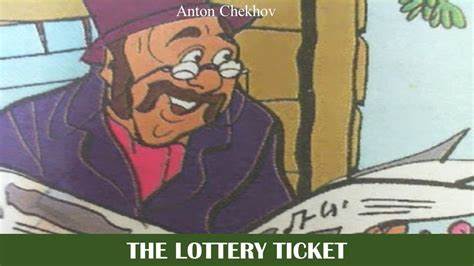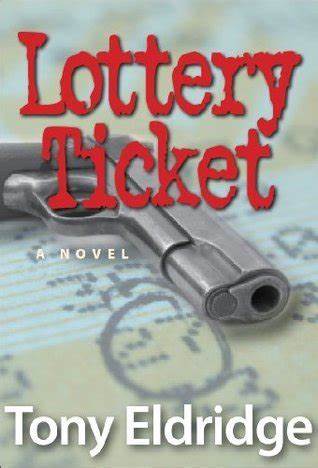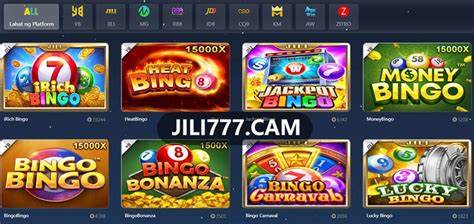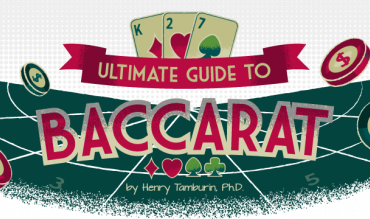Discover the Plot of Anton Chekhov's Lottery Ticket in Jili777
An Academic Analysis of "The Lottery Ticket" by Anton Chekhov: Themes, Symbolism, and Social Commentary jili777


Abstract
This article offers a formal analysis of Anton Chekhov’s short story "The Lottery Ticket," exploring its themes of hope, greed, and disillusionment. By examining the narrative structure, character psychology, and symbolic elements of the lottery ticket, the study elucidates Chekhov’s critique of societal values and the human condition. The analysis underscores the interplay between the promise of wealth and the inherent uncertainty of fate in Chekhov’s work.
1. Introduction
Anton Chekhov’s "The Lottery Ticket" is a seminal short story that encapsulates the complexities of human desire, economic aspiration, and the illusion of wealth. This narrative, which centers on the transformative potential of a lottery ticket, serves as a vehicle for Chekhov’s exploration of the psychological and social dimensions of greed and hope. Through its concise yet potent narrative, the story interrogates the ephemeral nature of dreams and the inevitable disillusionment that follows when reality intrudes upon fantasy. Key terms such as "lottery ticket," "Chekhov," "short story," "greed," and "disillusionment" are pivotal in understanding the multifaceted dimensions of this work.
2. Narrative Structure and Plot Overview
2.1 Synopsis of the Story
"The Lottery Ticket" follows the internal journey of a middle-class individual who becomes enraptured by the possibility of a financial windfall through a lottery win. The protagonist envisions a life transformed by wealth, contemplating the luxuries and security that such a fortune could bring. This anticipatory fantasy drives the narrative, setting the stage for a profound exploration of human desires and the corrupting influence of greed.
2.2 Character Analysis
The protagonist in Chekhov’s narrative embodies the universal longing for prosperity and the subsequent vulnerability to disillusionment. As the character oscillates between hope and despair, Chekhov meticulously portrays the psychological impact of sudden imagined wealth. The internal conflict experienced by the protagonist highlights the tension between realistic expectations and the seductive allure of a prosperous future, underscoring the intrinsic risks of allowing hope to overshadow rational thought.
3. Themes and Symbolism
3.1 The Illusion of Wealth and False Hope
A central theme in "The Lottery Ticket" is the illusion of wealth and the false hope it engenders. The lottery ticket symbolizes both the dream of financial liberation and the precarious nature of such aspirations. Chekhov’s narrative warns of the emotional and psychological pitfalls associated with fixating on improbable fortunes. This theme is reinforced through the juxtaposition of the protagonist's internal fantasies against the harsh realities of everyday life.
3.2 Greed, Desire, and Disillusionment
Chekhov employs the motif of greed to examine how unbridled desire can lead to profound disillusionment. The protagonist’s vivid imaginings of wealth, although momentarily uplifting, ultimately reveal the transient nature of hope when confronted with reality. The narrative arc serves as a cautionary tale, emphasizing that the pursuit of illusory wealth often culminates in disappointment and a loss of genuine satisfaction.
3.3 Social Critique and Economic Commentary
Beyond individual psychology, "The Lottery Ticket" serves as a broader social critique of economic aspiration in a materialistic society. Chekhov subtly critiques the societal obsession with monetary gain, highlighting how the allure of wealth can distort priorities and undermine personal integrity. The story invites readers to reflect on the societal values that drive individuals toward risky gambles, thereby offering a nuanced commentary on the interplay between economic desire and ethical living.
4. Literary Techniques and Narrative Style
4.1 Use of Irony and Subtle Satire
Chekhov’s narrative is characterized by a masterful use of irony and subtle satire. The protagonist’s internal monologue, filled with extravagant hopes and subsequent disillusionment, serves as an ironic commentary on the human condition. This use of irony is instrumental in underscoring the dissonance between dreams and reality, thereby enhancing the story’s thematic depth.
4.2 Symbolic Imagery and Metaphor
The lottery ticket in the narrative functions as a potent symbol and metaphor for unattainable dreams. Chekhov’s vivid imagery and careful use of metaphor invite readers to question the true value of wealth and to recognize the inherent instability of basing one’s happiness on external fortunes. The symbolic weight of the lottery ticket thus becomes a critical lens through which the narrative’s moral and ethical considerations are explored.
5. Conclusion
Anton Chekhov’s "The Lottery Ticket" remains a profound exploration of human desire, greed, and the inevitable disillusionment that follows the pursuit of illusory wealth. Through its incisive narrative structure, rich symbolism, and subtle social critique, the story provides enduring insights into the complexities of hope and the human condition. Chekhov’s work continues to resonate as a cautionary tale, inviting readers to reflect on the true nature of wealth and the transient allure of dreams.



